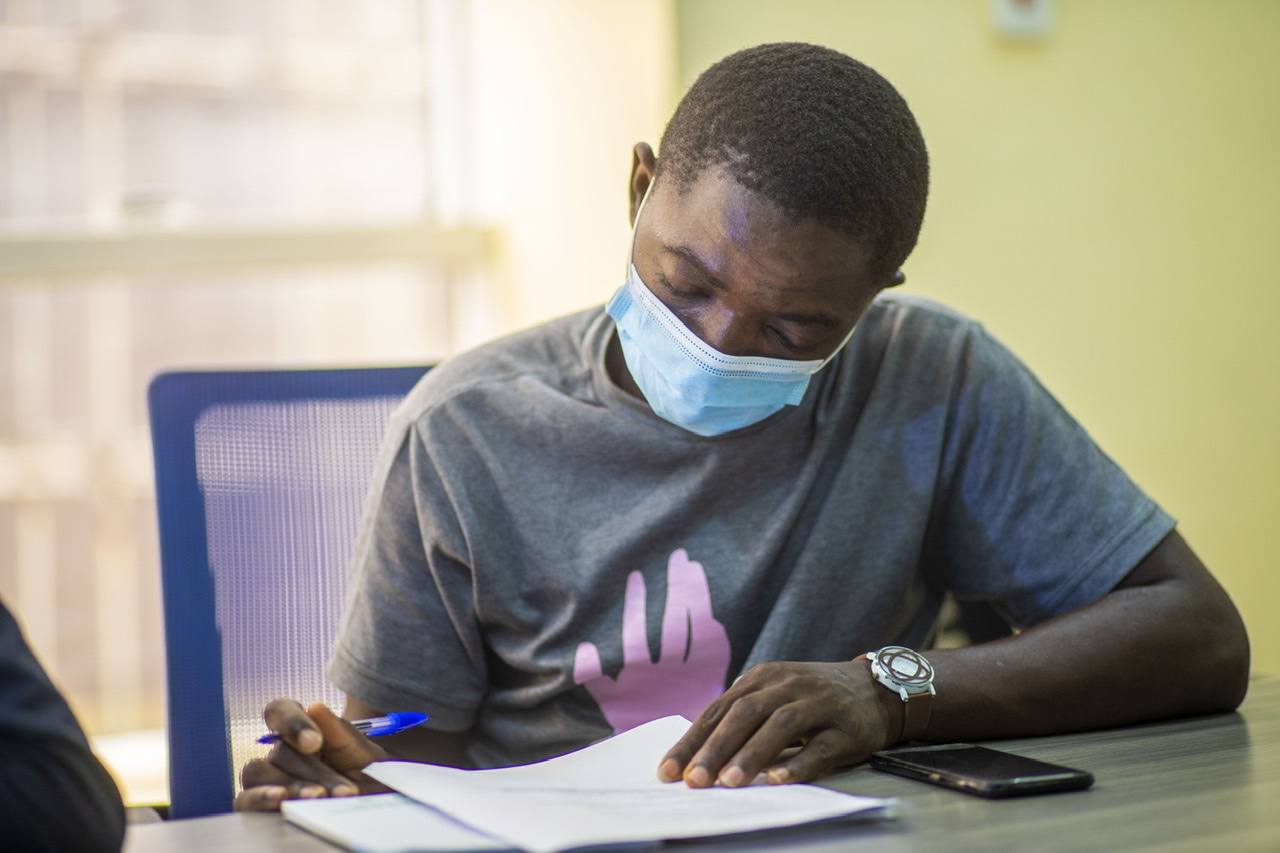

About the Accelerator Programme
Youth-led local solutions are at the heart of the Global Youth Mobilization (GYM). To support Open Call projects the GYM offers an Accelerator Programme (AP) for up to 20 of the most innovative Open Call projects with demonstrated potential providing young people with the knowledge, tools and resources to sustainably replicate and or scale their projects.
The Accelerator Programme takes project leads through a 12-week training programme, provides tailored support through one-to-one mentorship with experts, and awards additional seed funding.
It has three key components, followed by tailored investment in each project:
- An immersive learning experience, where young people will learn about tools that will enable them to develop their ideas and apply them immediately to their projects. Topics include setting goals, advocacy, resource mobilization and monitoring and evaluation, to scale up and sustain their activities.
- A tailored mentorship approach, enabling young people to learn from experts in the topics they are addressing through their projects.
- An interactive peer exchange, where participants will continuously share their progress with other teams participating, discuss their weekly challenges and successes and support other teams in developing their ideas.
An Accelerator Programme will take place as part of the EU Youth Empowerment Fund through the Global Youth Mobilization, in 2025. Eligible grant awardees will be notified of the opportunity when the call for projects takes place.
See below, for an overview of our 2022 Accelerator Programme.
Accelerator Programme 2022 Projects
The Global Youth Mobilization is delighted to announce that the following projects have been selected to participate in the 2022 Accelerator Programme:
Mazingira Bora Initiative in Ikolomani – Kenya
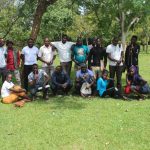
Bright Lights Greenville – USA

WOW – Wheels of Wisdom – Bangladesh
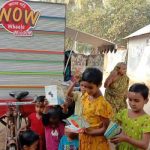
Hands-On Skills Training for Job Creation – Uganda
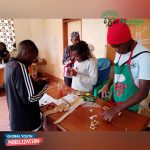
Project Digital Rural – Nigeria
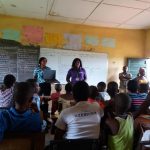
Community Learning Hubs – Philippines
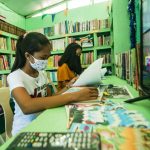
Women Preventing Violent Extremism – Kenya
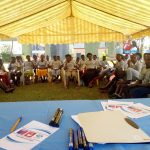
Mental Health Support for Health Care Workers – Cameroon
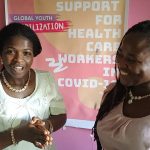
Smallholder Poultry Agribusiness Development (SPADE) – Kenya

Human – Building Bridges – Venezuela
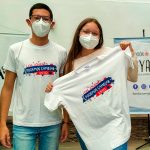
The Squeaky Clean Project – Nigeria
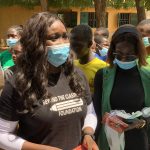
The Nsonye Project- Nigeria
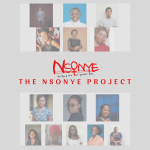
Increasing COVID-19 Education, Prevention, Vaccine Confidence and Uptake in Nigeria (ICEP Project) – Nigeria
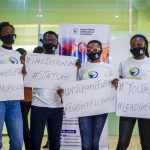
Healthy Communities – Uganda
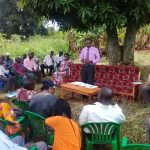
Learning Experience
Identifying Needs and Setting Goals

On 14 June 2022, GYM hosted the first programmatic session of the Accelerator Programme (AP) which focused on defining the goals of the project and understanding the needs of the community that the participants are working in. Hosted by Shagun Sharma, a Youth Development Officer at Restless Development India, during the session participants discussed the impact that they want to achieve with their projects, the vision they have for improving lives in their communities and understanding the process of developing a simple Theory of Change model to implement in their projects.
Measuring Impact and Setting Targets
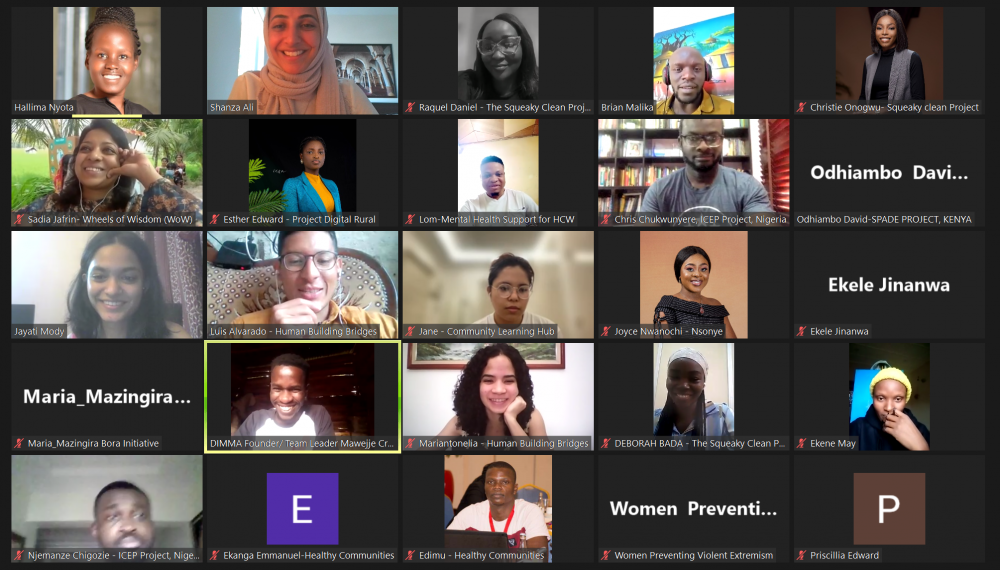
In the second session of the Accelerator Programme we focused on how participants can create impact statements outlining their long-term vision, and set achievable and measurable targets to scale up their projects. This session was hosted by Global Youth Mobilization’s Project Manager for Local Solutions and Accelerator Programme, Shanza Ali, who led the discussions and helped projects to create peer review systems that allowed them to provide feedback to each other in the development of their targets and impact statements.
Models for Scaling and or Replication

In this session Accelerator Programme teams explored the different models for the scaling and or replication of their projects. Facilitated by youth development management consultant, Abolaji Omitogun, participants were provided with strategies to address barriers that impact social innovation and were provided with steps to implement their selected upscale models for their project plans.
Monitoring, Evaluation and Learning
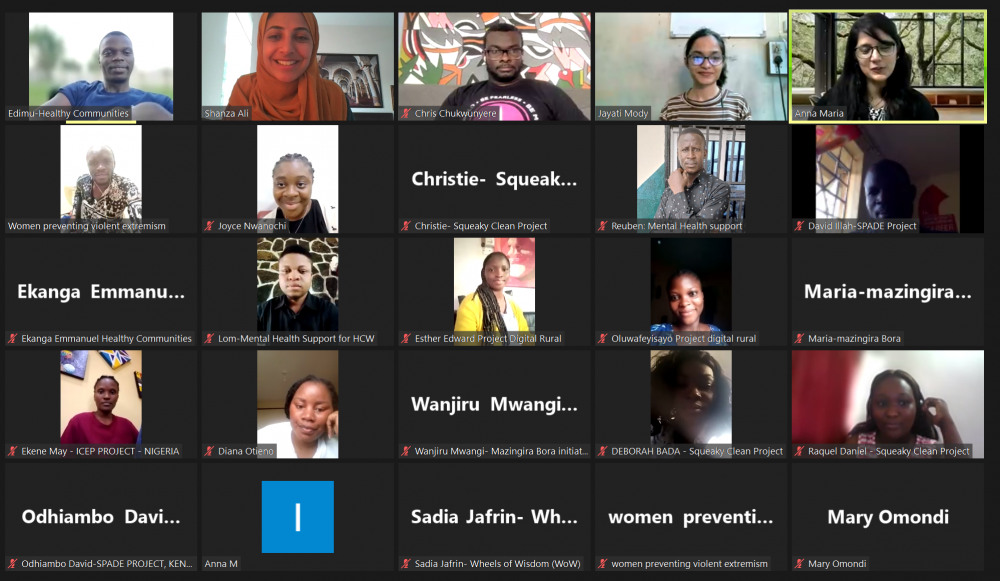
During this session participants were provided with guidance on the ‘What, Why and How’ of Monitoring, Evaluation and Learning (MEL), to provide an in-depth understanding of their project activities and the importance of stakeholder involvement throughout the process. This session further provided participants with the opportunity to build on an incorporate their learnings from previous sessions. This session was facilitated by Anna Monny Maria, Social Impact Consultant serving as a Senior Manager, Strategy & Learning at Teach For India.
Project Planning

In this session participants were provided with key planning tools and guidance on how to set up a simple GANTT chart, to understand the importance of project planning and setting project milestones. This session was facilitated by Fransika Wilk, Senior Programme Manager at the Cherie Blair Foundation for Women, with over 10 years in programme management development
Developing a Budget
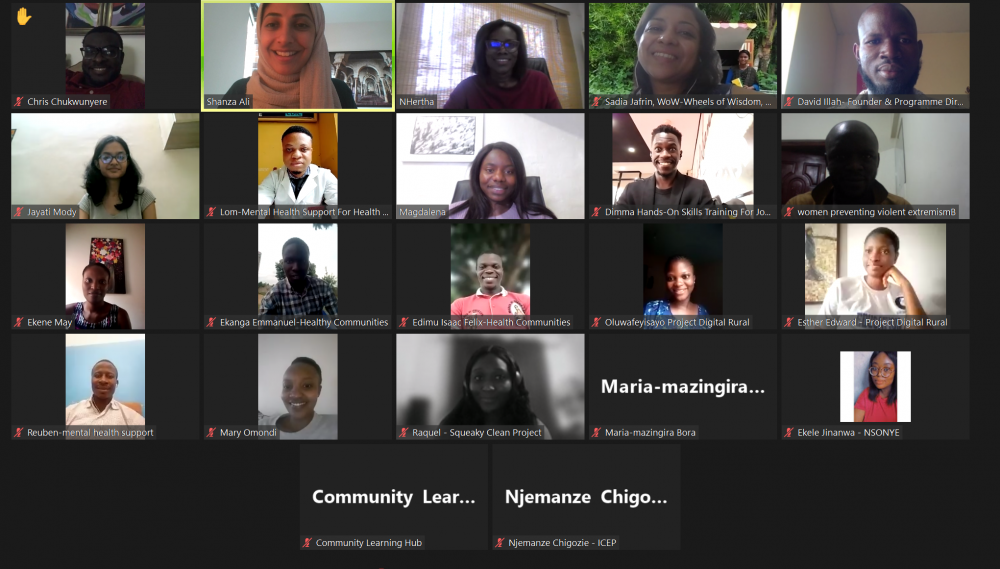
Facilitated by Hertha Nekwaya and Magdalena David from the AIDS and Rights Alliance for Southern Africa (ARASA), the session covered the importance of budgeting for the sustainability of projects, Participants were provided with budgeting templates and given exercises to best inform them how implement best budgeting practices in their projects
Managing Risks
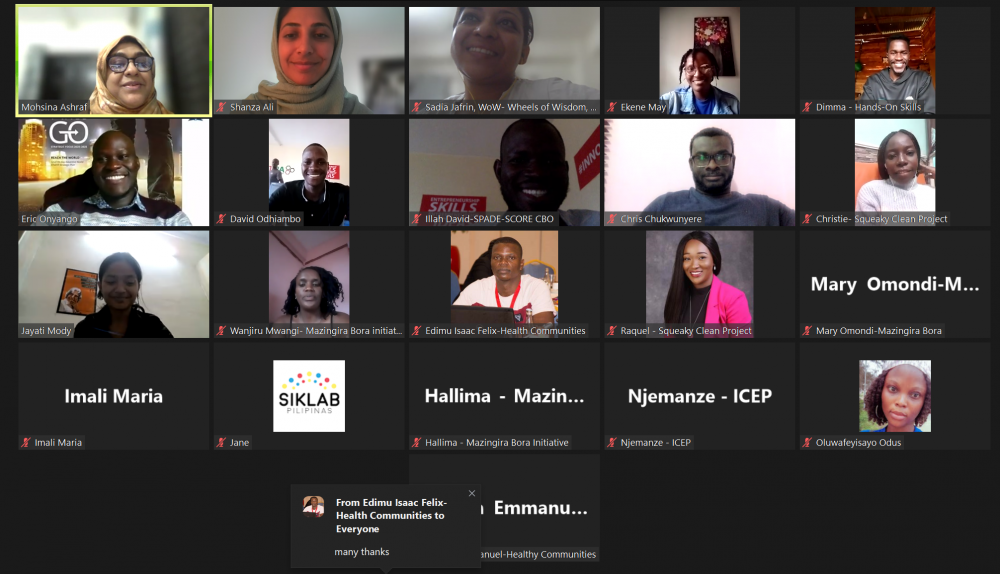
In this session participants of the Accelerator Programme were introduced to frameworks to establish a risk register and how to develop one for their projects. To ensure that mitigation measures are reflected throughout their projects, participants were provided with necessary tools for the development and assessment for any risks that may arise for the sustainable development of their projects. This session was facilitated by Mohsina Ashraf, a human resource professional with over 22 years of experience.
Building Inclusive Teams

In the final week of the learning experience, participants had the opportunity to review all the elements they built throughout the programme and pulled everything together into a comprehensive project document and presentation. This will then be used for the blueprint for implementing their projects. Following this session, participants will work with their mentors and peers to establish regular check-in meetings to follow on progress.
Accelerating Youth-led Solutions Series
Held in August 2022, the ‘Addressing Youth-led Solutions series’ brought together experts and practitioners for panel discussions with the14 ambitious youth-led projects, to amplify the learning experience of the Accelerator Programme.
Opportunities and Barriers to Resource Mobilization and Partnerships for Youth-led Social Impact
In this panel discussion different points of view were shared by experts and practitioners on the strategies and approaches young people can employ to mobilize resources and create partnerships to scale and or replicate their projects. They also provided insights into how these approaches can be applied to different contexts and thematic areas of work.
Moderator
Andres Jose Estrada – Youth Representative, World Organization of the Scout Movement
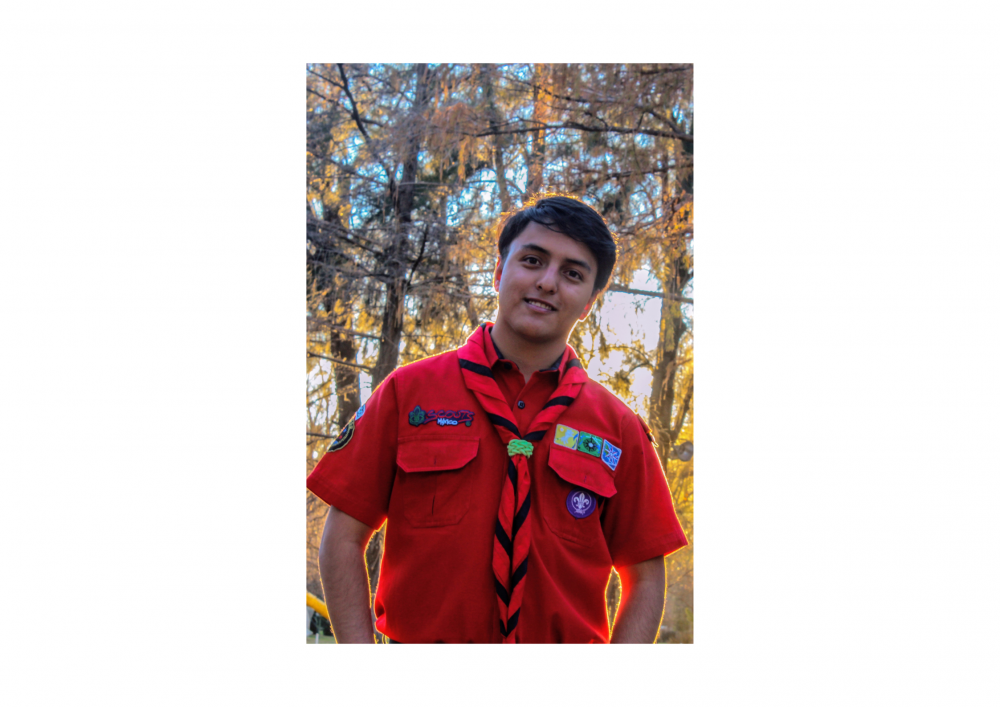
Panelists


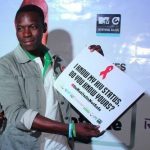

Scaling Youth-Led Solutions for Global Impact
This panel discussion focused on the different approaches for scaling and or replication, including diverse socio-cultural contexts, to provide the 14 Accelerator Programme projects an opportunity to understand the various methodologies they can use to implement activities that will ensure project sustainability.
Moderators
Michelle Chew – Youth Board Representative, International Federation of the Red Cross and Red Crescent Societies
Loris Tarazi – Youth Board Representative, World Alliance of YMCAs
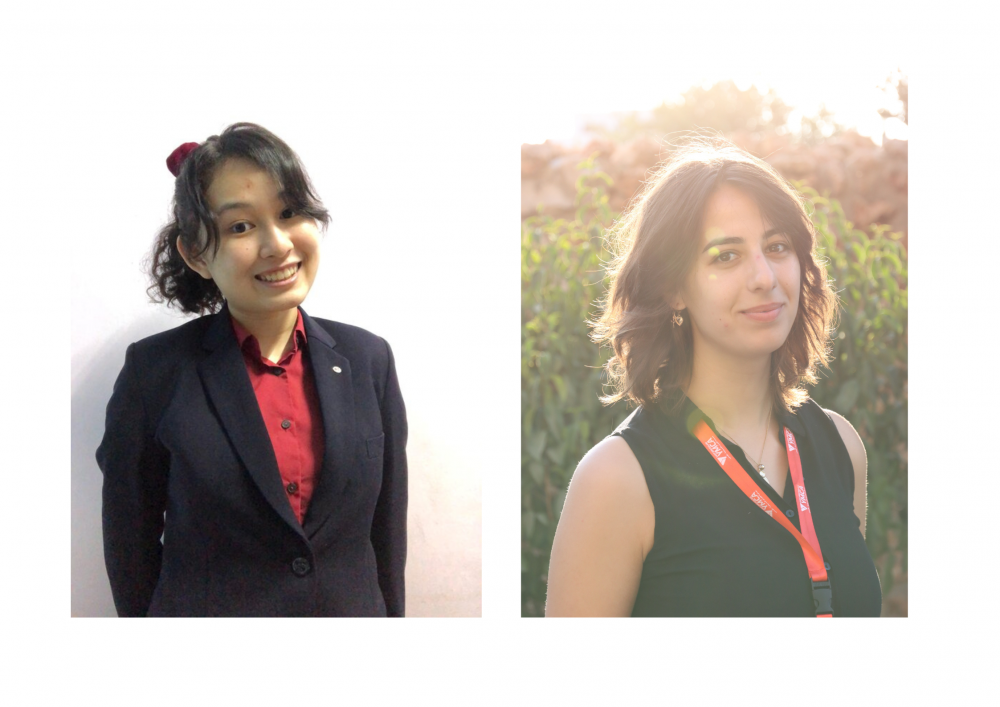
Panelists
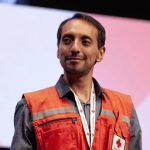
Global Innovation officer, International Federation of the red cross and red crescent societies
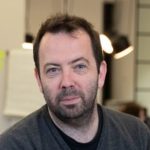


Amplifying Social Impact Through Storytelling
In this session panelists discussed the importance and impact of effective communication strategies and storytelling for young people leading and scaling social impact, as well as, how strategies and approaches can be tailored and made relevant to different contexts and thematic areas of work.
Moderator
Meti Gemechu – Youth Board Representative, World Young Women’s Christian Association (World YWCA)
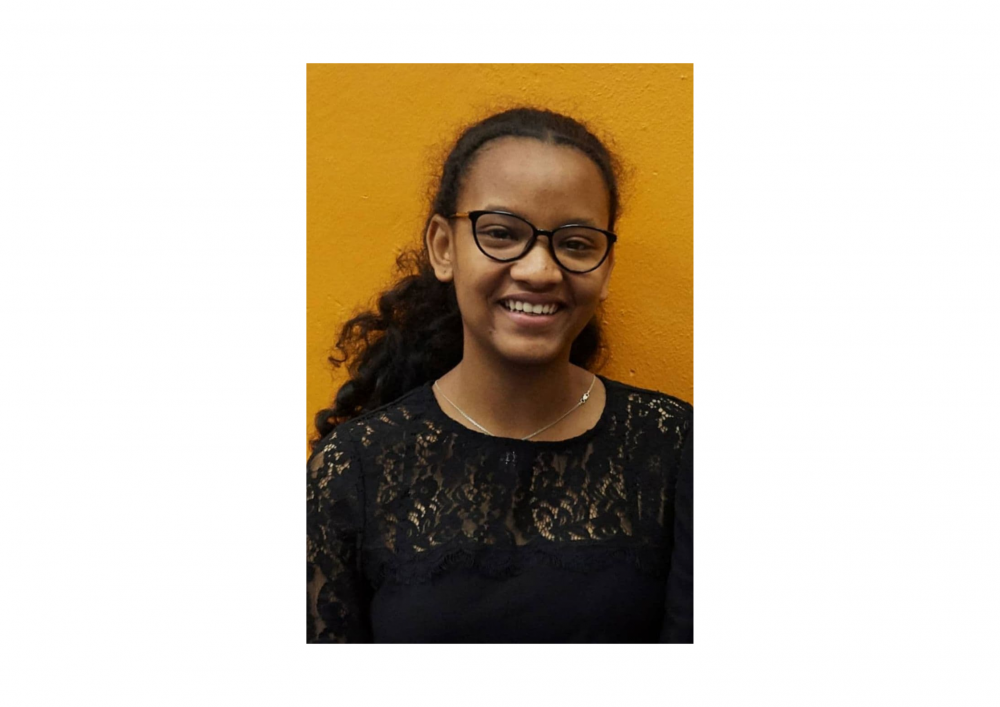
Panelists

Associate Director, Healthcare Comms & PR at MHP Mischief

Digital Communications Lead, WOSM
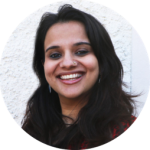


Grassroots Advocacy for Global Impact
In this discussion panelists were invited to speak on the importance and impact of youth-led advocacy and campaigns, scaling-up for change through advocacy, and how these approaches can be applied to different contexts and thematic areas of work.
Moderators
Helga Mutasingwa – Youth Board Representative, The World Association of Girl Guides and Girl Scouts
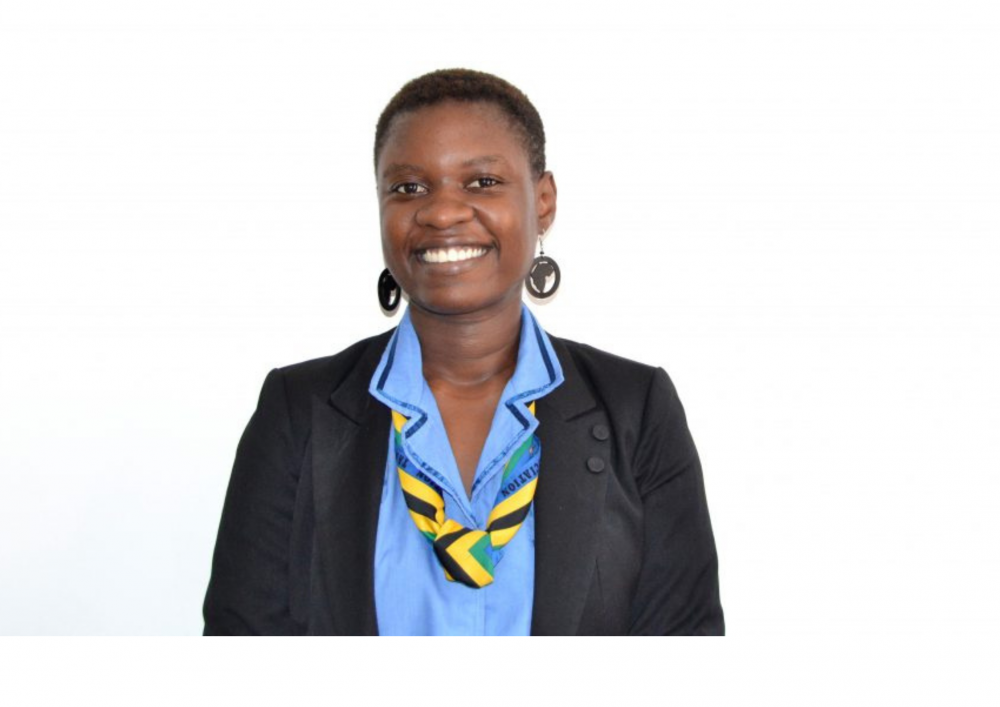
Panelists
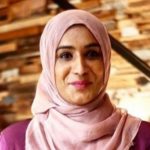



Mentorship
The Accelerator Programme recognises the importance of offering a tailored, immersive, and hands-on experience to young innovators and activists, to enable as many as possible young people to sustain their engagement and efforts in achieving positive change in their communities.
The mentorship component of the Accelerator Programme is therefore key to ensuring project teams have direct access to experts in the fields they work in, who can help to guide and develop projects for innovative solution building and sustainability. Through the tailored support of a mentor, each team will be able to work through challenges to their projects, identify opportunities and expand their networks. Mentors will also provide follow up on the progress that projects make through the Learning Experience, and provide feedback on the development of projects through monthly check-ins.
Meet the Accelerator Programme Mentors
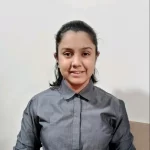
Shagun Sharma – Youth Engagement Officer, Restless Development
Project – Bright Lights Greenville – USA

Zinia Khan – Co-Founder of Ardh
Project – Hands on Skills Training for Job Creation – Uganda

Scott Warren – Youth Civic and Political Engagement Lead, USAID
Project – Human – Building Bridges – Venezuela

Amjad Saleem – Manager: Protection, Inclusion and Engagement
International Federation of Red Cross and Red Crescent Societies – IFRC
Project – Community Learning Hubs – Philippines

Elisabetta Borzini – Global Inclusion and Safeguarding Adviser – SNV Netherlands Development Organisation
Project – Healthy Communities – Uganda

Aditi Arora – Country Manager for Girl Up, India and a member of the Inclusivity Advisory Board at Just A Girl Inc.
Project – Project Digital Rural – Nigeria

Shakira Choonara –Technical Specialist, WHO and UN Women
Project – Mental Health Support for Health Care Workers – Cameroon
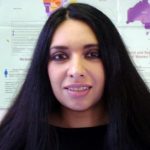
Anber Raz – Global Advocacy Lead at WAGGGS and Stop the Violence Campaign Co-Lead
Project – Women Preventing Violent Extremism – Kenya

Franziska Wilk –Senior Programme Manager at the Cherie Blair Foundation for Women
Project – Wheels of Wisdom – Bangladesh

Henry Caceres –
Global Innovation officer, International Federation of the red cross and red crescent societies
Project – Smallholder Poultry Agribusiness Development (SPADE) – Kenya

Katie Kiama – Director of Programs & Impact at She’s the First
Project – The Squeaky Clean Project – Nigeria

Leanne Baker – Senior Programme Manager at the Cherie Blair Foundation for Women
Project – The Nsonye Project -Nigeria
This resource page is designed for the Accelerator Programme participants to access weekly information on past and upcoming sessions.
Guiding Principles
The development and implementation of the AP is guided by the following key principles:
- A hands-on, practical and applicable approach to learning
- Youth-led
- Bespoke to the needs of the young people and community
- Clear, measurable targets
- Collaboration, not competition
- Recognition and celebration at each step along the way
